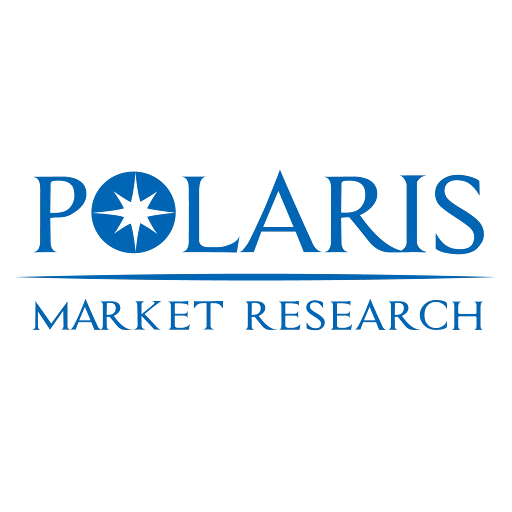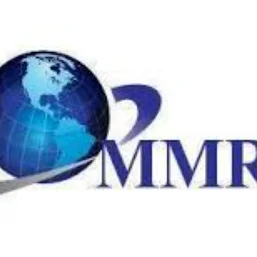The global AI in drug repurposing market, valued at USD 1.01 billion in 2024, is poised for a robust expansion at a CAGR of 20.1% from 2025 to 2034, as advanced computational tools redefine therapeutic discovery pipelines. Across major pharmaceutical hubs, artificial intelligence (AI) is reshaping how molecules are reanalyzed for new therapeutic uses, significantly reducing research timelines and costs. North America and Europe currently lead this transformation, supported by strong regulatory frameworks, research funding, and a mature pharmaceutical ecosystem. The United States, driven by initiatives from the National Institutes of Health (NIH) and the Food and Drug Administration’s (FDA) progressive guidelines on AI applications, holds the largest share due to its expansive network of biotechnology firms and AI-driven clinical data infrastructure. Europe, led by Germany, the UK, and France, follows closely with the European Medicines Agency (EMA) promoting data transparency and interoperability across drug discovery programs. These regions collectively dominate global market penetration strategies due to their established clinical research frameworks and partnerships between academia, AI start-ups, and major pharmaceutical corporations.
The Asia Pacific region, however, represents the fastest-growing frontier for AI in drug repurposing, fueled by rising digitalization in healthcare and growing cross-border collaborations. China’s pharmaceutical sector, bolstered by strong government investments in AI and drug innovation policies under its “Healthy China 2030” plan, is accelerating adoption through national R&D funding. India, Japan, and South Korea are similarly integrating AI-driven analytics into drug lifecycle management, with regulatory agencies fostering data governance frameworks for predictive modeling. The regional manufacturing trends in Asia Pacific, supported by cost-effective computational infrastructure and expanding AI research clusters, position it as a major future contributor to global market expansion. In contrast, regions like Latin America and the Middle East & Africa are still in early stages, constrained by limited data access and low AI infrastructure maturity. Nonetheless, emerging cross-border supply chains for bioinformatics and computational biology services are gradually enhancing accessibility and adoption.
The market’s key growth driver lies in AI’s ability to analyze multi-dimensional datasets, including genomics, proteomics, and phenotypic information, to identify novel drug indications. Government-funded research programs and data-sharing initiatives are catalyzing R&D collaborations, particularly in oncology, neurology, and rare diseases, where traditional drug discovery methods have shown limited efficiency. Moreover, the rise of cloud-based AI models is reducing infrastructure costs, enabling small and mid-sized firms to enter the competitive landscape. However, the market still faces constraints due to data privacy concerns, fragmented datasets, and ethical considerations regarding algorithmic transparency. The absence of standardized AI validation protocols across borders also creates interoperability challenges, particularly in multinational research projects.
Read More @ https://www.polarismarketresearch.com/industry-analysis/ai-in-drug-repurposing-market
Opportunities are emerging from the growing demand for personalized medicine and predictive analytics, which are driving integration between AI-based drug repurposing and clinical decision-support systems. Real-world evidence (RWE) from electronic health records and wearable data is increasingly being utilized for validating AI predictions, creating a feedback loop that enhances drug efficacy models. Global collaborations such as the COVID-19 High-Performance Computing Consortium demonstrated how shared computational resources can drastically accelerate drug candidate identification, setting a precedent for future cross-regional cooperation.
A strong trend shaping the market is the rise of explainable AI (XAI) frameworks, which improve transparency in decision-making for regulatory approval. North American and European firms are leading in the adoption of these systems to meet compliance standards, while Asian firms are rapidly catching up through hybrid data models integrating public and proprietary datasets. As AI algorithms become integral to pharmaceutical R&D, global investment in infrastructure modernization, cloud integration, and algorithmic auditing will continue to expand. With multi-region R&D initiatives aligning under shared data governance principles, the AI in drug repurposing market is entering a phase of sustained and geographically diversified growth.
Key Players:
• BenevolentAI
• Insilico Medicine
• Exscientia
• Atomwise
• Recursion Pharmaceuticals
More Trending Latest Reports By Polaris Market Research:
Increasing Demand for Connected Devices to Drive Growth
U.S. Ignition Control Modules (ICM) Market






